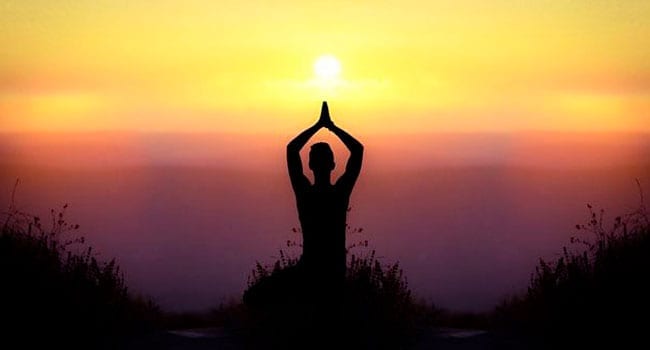 “Never do today what someone else can do tomorrow.” In the same category is an Italian saying, “il bel far niente,” or “the beauty of doing nothing.” These adages seem to advocate laziness, selfishness and irresponsibility, but I think there’s a deeper wisdom at play: Doing nothing is good for us.
“Never do today what someone else can do tomorrow.” In the same category is an Italian saying, “il bel far niente,” or “the beauty of doing nothing.” These adages seem to advocate laziness, selfishness and irresponsibility, but I think there’s a deeper wisdom at play: Doing nothing is good for us.
The pace of our life is not particularly conducive to doing nothing and we frown upon idleness. Previous generations grew up with the proverb “idle hands are the devil’s tools,” and associated idleness with falling into temptation and causing trouble. Today, we associate it with a lack of ambition and laziness. Western society has conditioned us to believe that we must be constantly busy and that busyness gives us value as individuals.
Even when we are wasting time, we like to appear busy. Take our obsession with checking our cellphones. Research shows that people check their phone on average 85 times a day and spend almost one-third of their time using their phone. Checking our phone gives us something to do – it keeps us busy.
We could condemn “never do today what someone else can do tomorrow” as procrastination. Or we could consider it a playful philosophy that nurtures an appreciation for life and helps us find something extraordinary in the ordinary. So while it may be a poor strategy for getting things done, “il bel far niente” is a good strategy for restoring the spirit and bringing a sense of joy to our daily activities.
The beauty of doing nothing makes me think of the Jewish account of creation. It is a story mostly about work but also about rest. Every day for six days, God labours to bring a new idea to fruition. God fashions the heavens and the earth, day and night, land and sea, plants, animals, and finally humans. On the seventh day, delighted with the work, God does nothing; he hangs out in the garden with the man and the woman.
God, I imagine, enjoyed the break from work and found it to be very good. Looking at work and rest in this way, doing nothing becomes a spiritual imperative. It is necessary for the well-being of the human spirit.
Paradoxically, doing nothing requires that we do something. This makes holidays a prime time to explore ways of being idle without feeling guilty. So on a recent vacation, after giving myself permission to be lazy, selfish and irresponsible, I searched out moments of idleness. Some involved playing cards and board games with my family. Other moments were solitary, sitting quietly listening to the sounds of the world around me or watching the play of light on the water.
But one moment in particular showed me that doing nothing could be unexpectedly beautiful.
I was having a leisurely swim in one of the spectacular mountain lakes of the West Kootenay region of British Columbia. Typically, I approach swimming as a form of exercise. My goal is to swim lengths as fast as I can for as long as possible. But this day, my mindset was different. As I glided through the water, I noticed the spectrum of blue in the sky above. At one end of the spectrum was the classic deep blue of a Kootenay summer that I know so well. At the other was the pale white blue that characterizes the Italian sky but which I had never noticed here before. It was an extraordinary moment of awareness while doing something very ordinary.
I would have missed it but for “il bel far niente.”
There is a spiritual intuition at the heart of doing nothing. Periods of leisure enrich our soul, nurture our relationships and increase our awareness of creation. There is nothing lazy, selfish or irresponsible about doing nothing some of the time.
“Idle hands. …” I don’t think so.
Louise McEwan has degrees in English and Theology. She has a background in education and faith formation.
Louise is a Troy Media Thought Leader. Why aren’t you?
The views, opinions and positions expressed by columnists and contributors are the author’s alone. They do not inherently or expressly reflect the views, opinions and/or positions of our publication.


